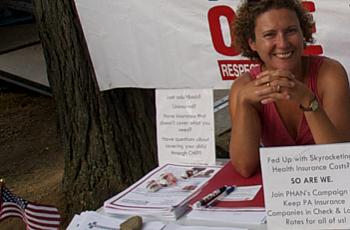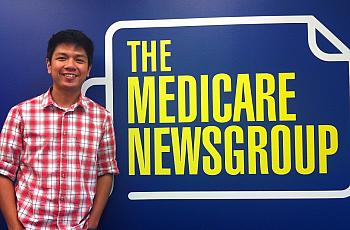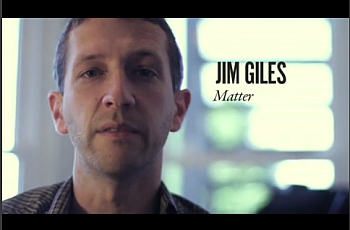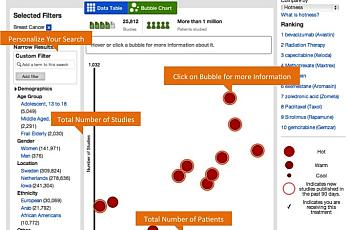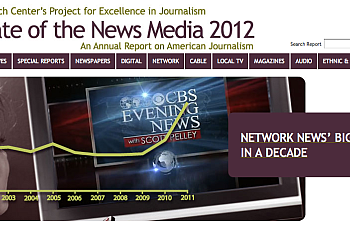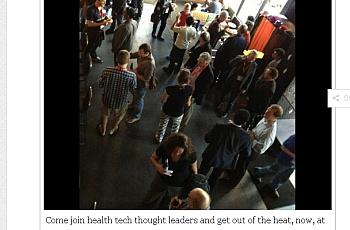
I was the founding community manager here at ReportingonHealth.org and helped design, build and create this community from 2010 to 2012. I created and launched the Career GPS blog and advocated design changes that would prioritize and highlight members' work. I'm happy to continue here as a member and incorporate important questions about health into my reporting.
I'm now the Social Media Manager at Public Radio International, where I work on the digital side of show like The World to build coverage and conversation around global health and immigration.
I've also worked as a freelance journalist writing online and magazine pieces from across Asia, including China, Thailand, Indonesia and Sri Lanka. I am the co-editor of Chinese Characters, a collection of stories about life in China to be published by UC Press this year. I was a South Asian Journalists Association Reporting Fellow in 2007/08 and the editor of the online magazine AsiaMedia from 2004 to 2007. I am now a consulting editor to the Journal of Asian Studies. My writing has appeared in the LA Weekly, Far Eastern Economic Review, Mother Jones Online, Pacific Standard, TimeOut Singapore and Global Voices.

